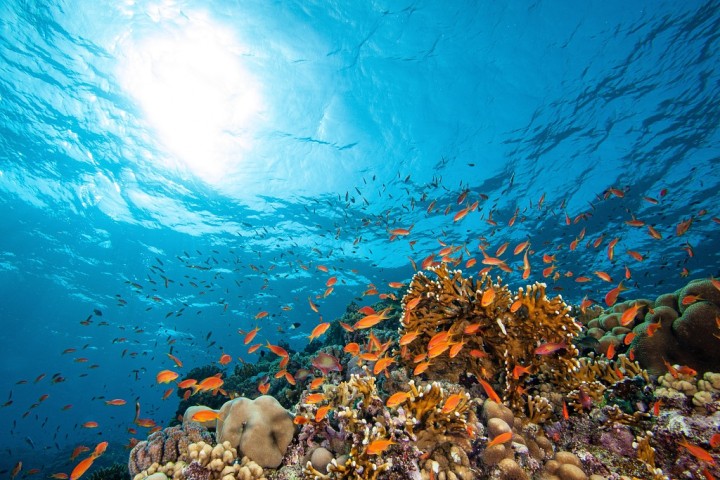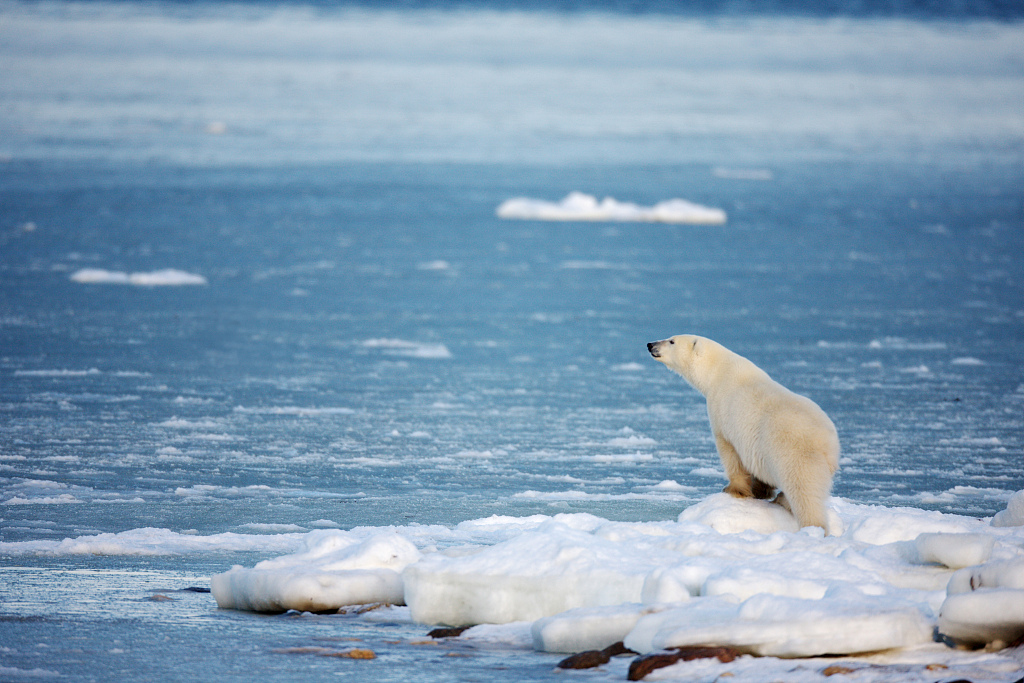World Oceans Day: Collective protective action needed

The concept of a World Oceans Day was first proposed in 1992 at the Earth Summit in Rio de Janeiro as a way to celebrate our world's shared ocean and our connection to the sea, as well as to raise awareness about the crucial role the ocean plays in our lives and the important ways people can help protect it. In 2008, the UN General Assembly designated June 8 as World Oceans Day.
Despite continued international cooperation on ocean research and conservation, this is not enough. The crisis facing the oceans calls for closer and stronger international cooperation.
The ocean covers more than 70 percent of the planet. Not only are the oceans home to most creatures, they regulate the climate, produce oxygen, provide food resources and more.
The vast ocean is not limitless. Sea level rise, coral bleaching, species decline and so on mean the oceans are under serious threat.
Bottles, bags, food packaging, coffee cups and straws – an enormous quantity of plastic is not properly recycled and ends up in the sea. At least 14 million tons of plastic end up in the ocean every year, and plastic makes up 80 percent of all marine debris found from surface waters to deep-sea sediments, according to the International Union for Conservation of Nature (IUCN). The most visible impacts of plastic debris are the ingestion, suffocation and entanglement of hundreds of marine species. Plastic pollution threatens the health of marine species, food safety and human health.
Overfishing is threatening food security for people and destroying ocean ecosystems globally. The number of overfished stocks globally has tripled in half a century and fully one-third of the world's assessed fisheries are being pushed beyond their biological limits, according to the Food and Agriculture Organization of the United Nations. Overfishing is closely tied to bycatch – the capture of unwanted sea life while fishing for a different species – which is a serious marine threat that causes the needless loss of marine resources.
With its important role in regulating the Earth's climate, the ocean is being disproportionately impacted by increasing greenhouse gas emissions. Climate change causes changes in water temperature, ocean acidification and deoxygenation, leading to changes in oceanic circulation and chemistry, rising sea levels, increased storm intensity, as well as changes in the diversity and abundance of marine species.
Beyond that, chemical pollution, oil spills and species invasion are all threatening the oceans.

With its important role in regulating the Earth's climate, the ocean is being disproportionately impacted by increasing greenhouse gas emissions. /VCG
Collective action means working together, taking actions and decisions to advance a common goal collectively. Dumping polluted water into the ocean, killing rare marine life to destroy the ecological balance, insisting on unilateral claims and not listening to the international voice all run counter to collective action.
Our ocean is connected, and the problems we face are connected.
Collective action means working together, taking actions and decisions to advance a common goal collectively. Dumping polluted water into the ocean, killing rare marine life to destroy the ecological balance, insisting on unilateral claims and not listening to the international voice all run counter to collective action.
Our ocean is connected, and the problems we face are connected.

